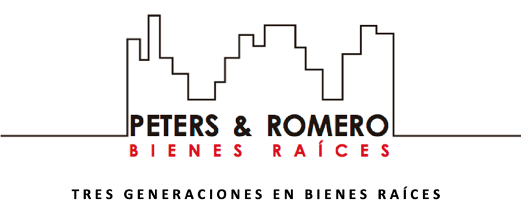Submitting an Offer
Submitting an Offer
Once a property has been chosen a written offer must be made to the landlord. The offer may be for a different rent amount than that listed, and there may be multiple offers on a property. Landlords may accept a lower rent for extended rental periods. The final rental amount may be determined after a series of offers and counter-offers. The offer should also specify a rental period, generally no less than one year.
The written offer may also include information about pets as well as any diplomatic clauses (for government employees) or exit clauses (for employees). These clauses specify a fixed penalty for leaving before the rental period expires and generally stipulates one or two months’ rent. Subletting is permitted only with the owner’s permission, and a clause specifying the grounds for a refusal will be useful to anyone contemplating subletting.
Offers are not binding until a contract is signed, at which time the first month’s rent and deposit is paid. For this reason, landlords may request a deposit at the time of the offer (or an applicant may offer one) in order to remove the property from the market. If the offer is withdrawn by the applicant, this deposit may or may not be returned.
The following documents must be included with the offer:
*Details of the fiador, aval (with proof of identity) or of the fianza
*Deed of incorporation (acta constitutiva) and proof of ID of the legal representative, if the aval is a company
*Copies of the applicant’s ID – for foreigners, a copy of the passport and any immigration documents to accredit their legal status in the country
Bank statements to confirm the applicant’s ability to pay the rent may also be requested.
Landlords may want to meet prospective tenants in person before accepting an offer.
Deposit
In addition to payment of the first month’s rent, a deposit equal to one to two months' rent is required (a two-month deposit is more common for furnished properties). This is a deposit for any damages and is returned (in whole or in part) to the tenant on leaving the property. Tenants must ensure that this deposit remains equal to the rent as it increases year to year. Therefore the landlord or their agent will usually require a “top-up” of the deposit each year when the rent is increased. Interest gained on the deposit is not paid back to the tenant at the end of the rental period.
The process of buying, selling or renting any type of property or land is regulated at a state level in Mexico. While some procedures in the property purchase process may be identical in all states, others may differ. This page gives an overview of what is involved in buying a property in Mexico, prepared by certified real estate agents who are experts in the Mexico City property market. It contains advice that should not be considered a legal document nor should it imply any liability for its authors in case there are some discrepancies with the processes involved for the sale or rental of a property. It should also be noted that for particular practices and requirements in areas other than Mexico City, advice should be sought from professionals familiar with the property market in that state.
Information provided by Carmella Peters-Romero, Vanessa Kerr and Hector Romero of Peters & Romero Bienes Raíces, Tel: 55 3713 0985 / 55 6708 4772 / 55 4341 3131


